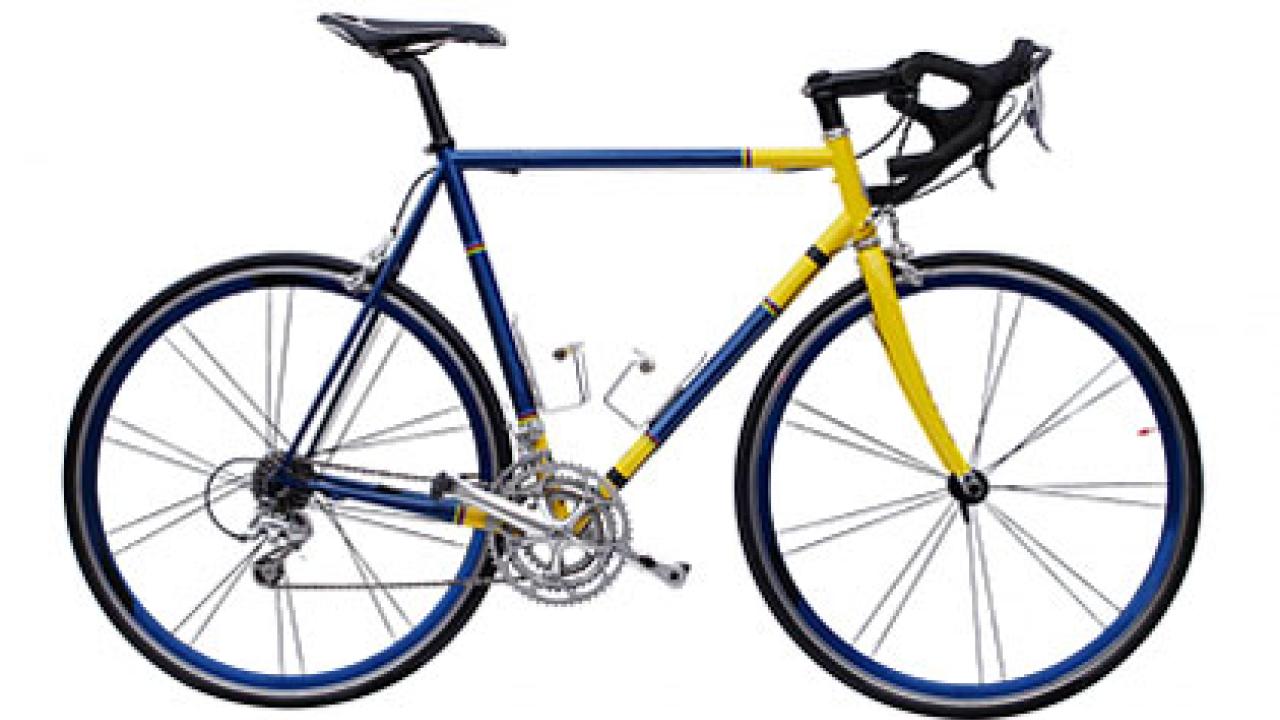"Just like riding a bike" is a cliché for a simple skill you do not forget, but understanding how a human controls a bicycle is in some ways more challenging than understanding how a pilot flies an airplane, say two UC Davis engineers. Professors Mont Hubbard and Ron Hess of the Department of Mechanical and Aerospace Engineering are studying human control of bicycles, supported by a two-year, $300,000 grant from the National Science Foundation.
"There's a lot of folklore and experience, but we don't have a precise scientific understanding of how humans control bicycles," said Hubbard, who leads the Sports Biomechanics Laboratory at UC Davis.
Hess, a nationally recognized expert on how pilots interact with aircraft control systems, said that riding a bike turns out to be a more complex problem.
"What makes riding a bicycle unique is that you have to use all the sensory information available," Hess said. That includes not just vision and hearing, but motion, orientation, awareness of where your limbs are, and the movement of muscle groups.
For example, it is possible to build a flight or driving simulator without motion cues, but a bicycle simulator without "lean" would not be realistic.
The research group includes graduate students Jason Moore, Dale Peterson, Danique Fintelman, Brendan Connors and Gilbert Gede, and undergraduates Derek Pell, Joseph Rinek, Eric Chan and Steve Brendel. The team is building bicycles fitted with sensors to measure precisely how the vehicle and the rider move. They will capture motion on video and analyze it with computer models.
They will also attempt to build a robot bicycle based on their findings, Hess said.
Hubbard and Hess hope that their work could lead to new insights into how humans interact with control systems, and perhaps new bicycle designs.
"We'd like to know what makes a bicycle hard to ride, and can we make it easier," Hubbard said. The researchers hope to look at how different populations -- such as seniors -- ride, and whether bicycle designs could be tailored to their needs, he said.
Media Resources
Andy Fell, Research news (emphasis: biological and physical sciences, and engineering), 530-752-4533, ahfell@ucdavis.edu
Mont Hubbard, Mechanical and Aerospace Engineering, (530) 752-6450, mhubbard@ucdavis.edu
Ron Hess, Mechanical and Aerospace Engineering, (530) 752-1513, rahess@ucdavis.edu
